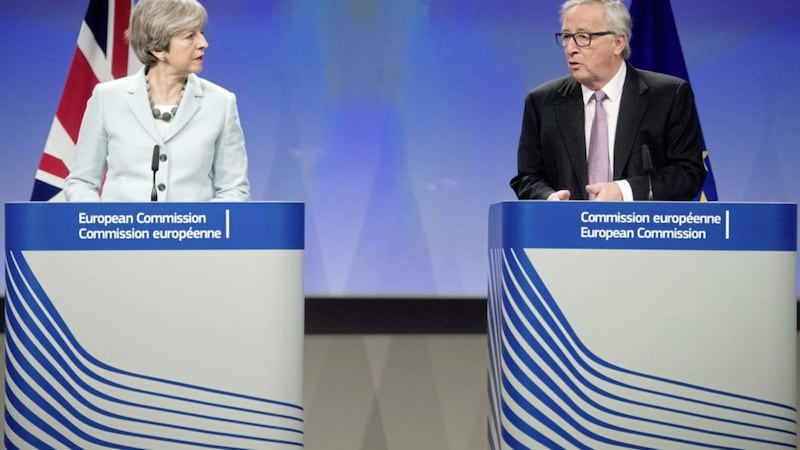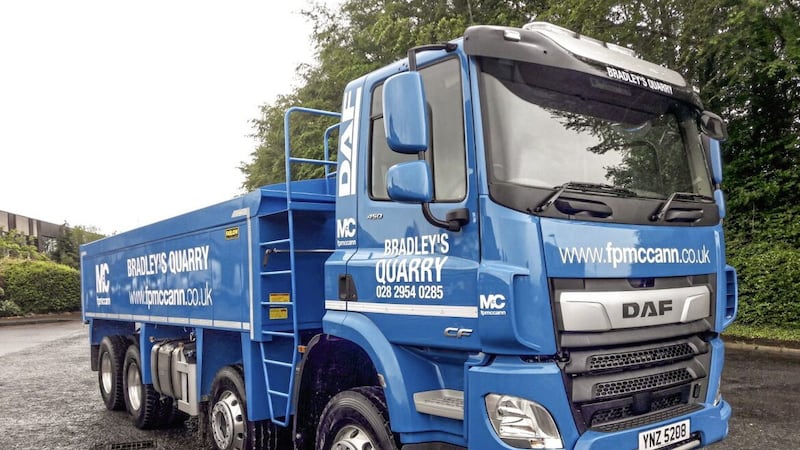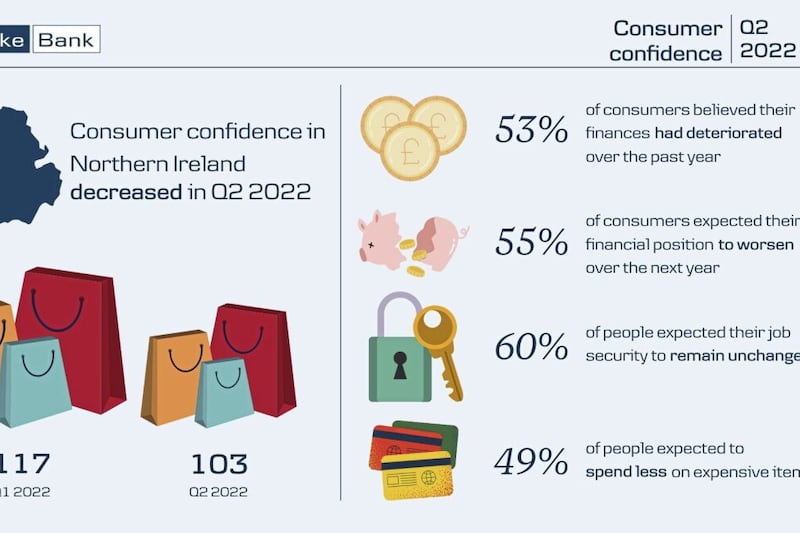WHICHEVER way you look at it, 2017 was a challenging year for both the UK and Northern Ireland economies. To recap, in March, the UK Government began the formal process of leaving the European Union by triggering Article 50 and the first phase of the talks, aimed at reaching agreement on separation issues, ran right up to the wire, with a deal agreed just a few weeks before Christmas. In Northern Ireland, 2017 began with the collapse of the Stormont Executive and, despite prolonged negotiations, the year ended without a devolved government in place. Against this backdrop of heightened uncertainty, it was perhaps no surprise that the national and local economies delivered a sluggish performance.
In the UK, quarterly GDP growth came in below trend in each of the first three quarters of the year. While some exporting businesses benefited from the weaker pound when it came to selling overseas, high inflation brought about by the depreciation in sterling squeezed consumers’ spending power and Brexit-related uncertainty dragged on business investment. In the second quarter of 2016, the UK was in second place in the G7 economic growth league table. By the third quarter of 2017, it had fallen to second from bottom, just above Italy.
In Northern Ireland, the data paints a similar picture. There were some positives. For example, local exporters did quite well given the fall in the value of sterling, with the value of goods exports in the year to 2017 Q3 coming in at 13.3 per cent higher than the previous twelve months. The weaker pound also attracted tourists to Northern Ireland with the number of trips and spending by tourists both rising over the year ending June 2017. But these were not enough to push economic growth into the higher gears. The Northern Ireland Composite Economic Index, which estimates local economic activity, experienced quarterly falls in both the second and the third quarters of last year.
The third quarter of the year is where the headline economic output data for both the UK and Northern Ireland currently stops. However, the latest Northern Ireland Quarterly Sectoral Forecasts report, published by Danske Bank this morning, includes our estimates of annual growth for the whole of 2017 and looks ahead to forecast the performance of the economy over the next twelve months.
We expect annual economic growth in the UK to be 1.8 per cent in 2017, slightly down on the previous year. In Northern Ireland, we think that annual growth in 2017 was lower than in the wider UK, coming in at 1.1 per cent.
Danske Bank projects that last year as a whole was quite a good one on the jobs front, with the number of employee jobs in Northern Ireland forecast to have risen by 1.4 per cent. We also think that the annual average unemployment rate for 2017 will come in well below the rate in 2016. While positive on the surface, this needs some careful interpretation as part of the reason for the sharp fall in the jobless rate is that economic inactivity increased considerably in the latter part of the year. This suggests that rather than unemployment falling solely due to people finding work, part of the reason for it coming down was people deciding to leave the labour force and stop looking for a job.
Looking ahead to 2018, we see a number of key factors that could once again impact on the performance of the economy.
After rising quickly last year, we think that inflation will come down in 2018, although this process is expected to be a gradual one, with the rate of price growth remaining above the Bank of England’s target throughout the year. As a result, consumer spending power is likely to remain under pressure over the next twelve months.
Given the continued uncertainty around Brexit and what the UK’s future relationship with Europe will look like, we continue to expect some businesses to postpone capital spending until more clarity emerges.
The boost to net trade brought about by the weaker pound could also fade gradually if sterling strengthens and erodes some of the gains in competitiveness.
And we expect future interest rate rises in the UK to be gradual. Our current projection is for the next rise to come in the second half of 2018.
Bringing all this together, we expect economic growth to slow a little in both the UK and Northern Ireland in 2018. Our latest forecasts are for economic growth of 1.5 per cent in the UK and 1 per cent in Northern Ireland – not exactly a stellar performance.
Focusing on the local economy, we believe that information & communication, administration & support and professional, scientific & technical services will be the three fastest growing sectors in the Northern Ireland economy this year. We also expect the economy to add jobs again in 2018, but at a slower rate than last year.
As we move further into the new year, there are still significant challenges on the horizon. The second phase of Brexit talks, which will deal with trade, is expected to begin in late March or April. This is going to be the more difficult part of the negotiations and there is a lot of work still to do to prepare the UK to leave the EU. A new round of political talks in Northern Ireland has also been announced with the goal of restoring devolved government and we all hope that those talks are successful.
But from an economic point of view, we don’t expect 2018 to be a year that will set pulses racing. It is more likely to be a year of relatively modest growth.
Conor Lambe is Danske Bank economist in Northern Ireland. Follow him on @ConorLambe
Next week: Richard Ramsey








